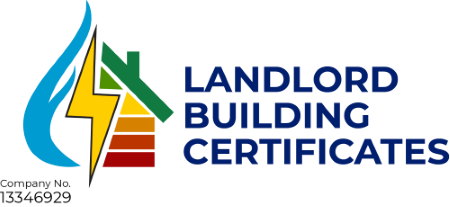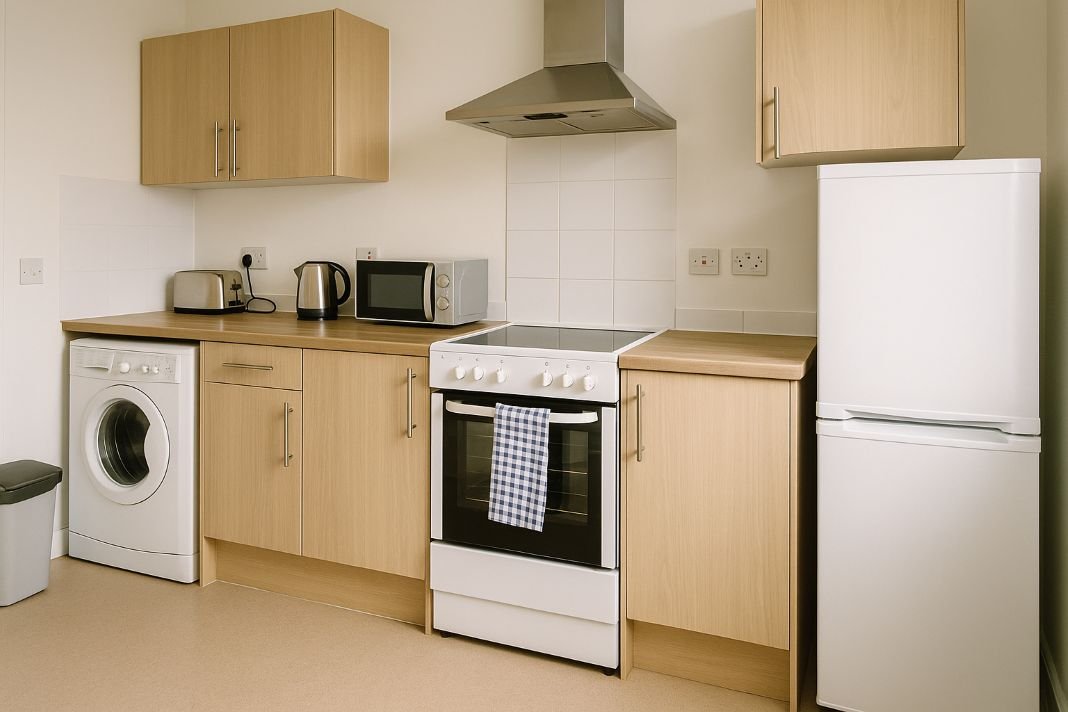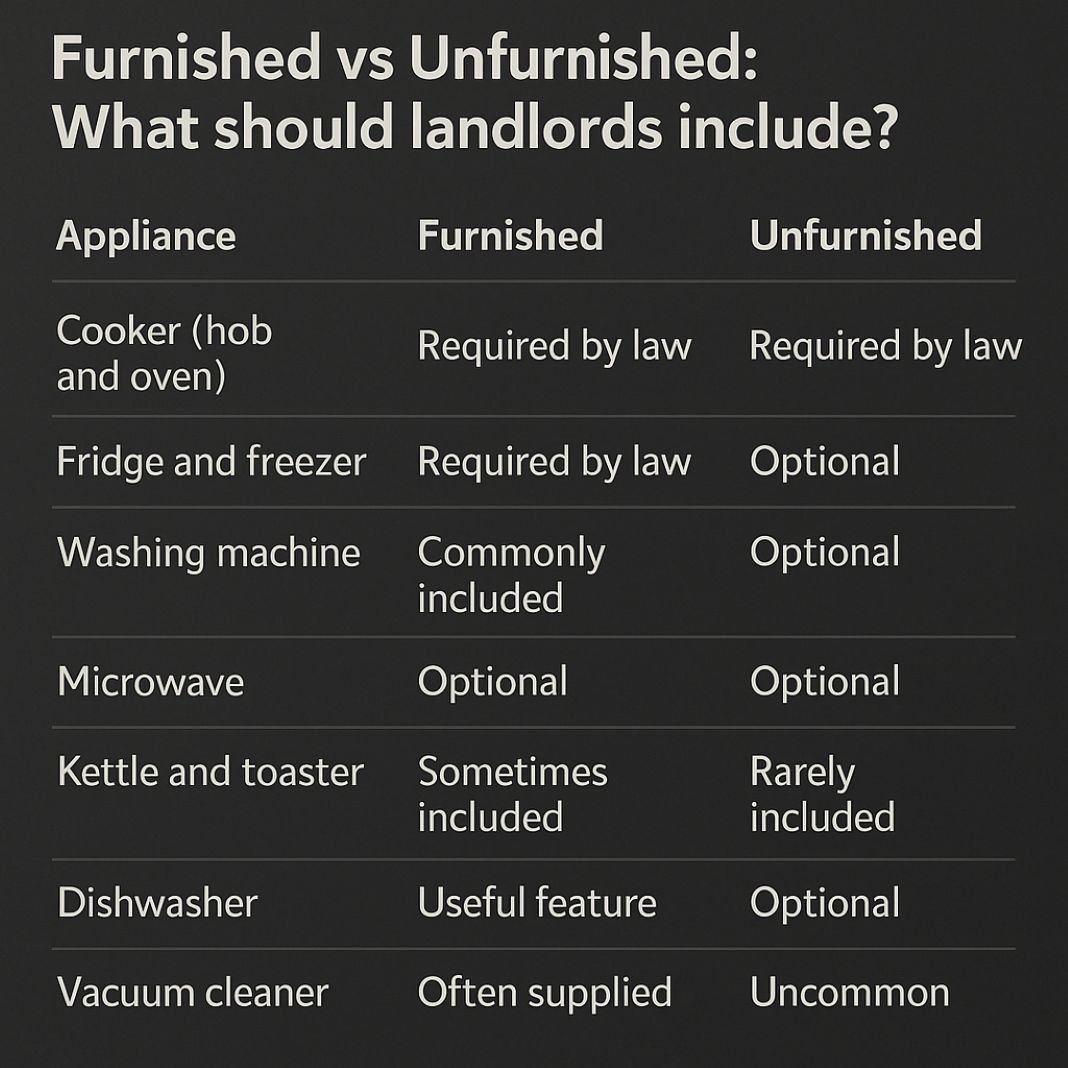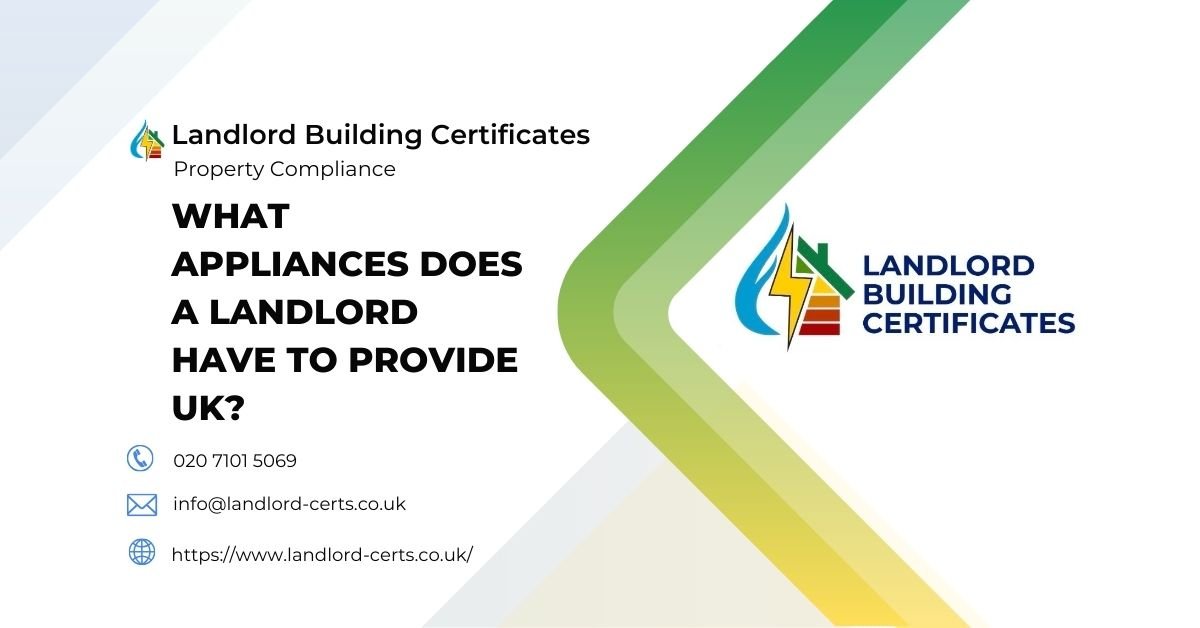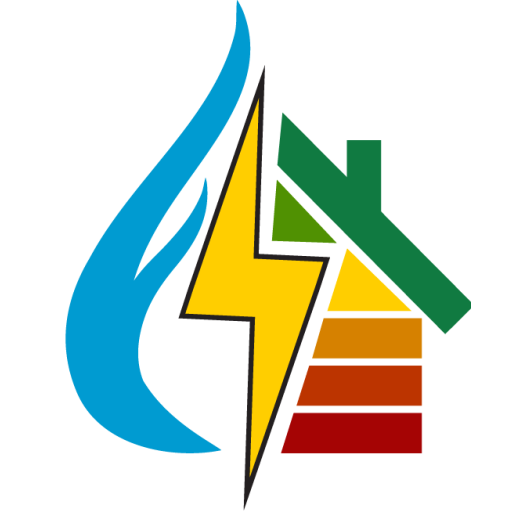What certificates and appliances must a landlord provide in the UK?
Landlords in the UK must meet legal safety requirements when letting out a property. This includes holding valid safety certificates and ensuring that any supplied appliances, such as electric cookers or gas boilers, are safe and properly maintained. These responsibilities can differ based on the type of tenancy, whether the property is furnished, and regional rules across England, Scotland, Wales or Northern Ireland.
Here's What We Have Covered In This Article
Legal Framework Governing Landlord Responsibilities
Key Legislation
Key legislation includes the Landlord and Tenant Act 1985, Housing Act 2004, and the Homes (Fitness for Human Habitation) Act 2018. These laws require landlords to ensure that homes are safe, structurally sound and suitable for people to live in. Local authorities can take enforcement action if these standards are not met. You can find more information on how these laws apply in practice on the GOV.UK private renting responsibilities page.
What Are Landlord Building Certificates?
What they are and why they matter
Landlord certificates are formal documents that confirm safety checks have been carried out on systems such as gas, electricity and heating. They are not just paperwork. These certificates show that a landlord has taken the necessary steps to keep the property safe for tenants and that they are meeting their legal obligations.
Mandatory Building Certificates for Landlords in the UK
What is a Gas Safety Certificate (CP12)?
A Gas Safety Certificate is required by law for properties with gas appliances. A Gas Safe registered engineer must inspect gas boilers, heaters or cookers every 12 months. The certificate confirms that these appliances are working correctly and safely. A copy must be provided to tenants within 28 days. Failing to do this could lead to fines or other enforcement action.
What is an Electrical Installation Condition Report (EICR)?
An EICR is needed for every privately rented home in England. It checks the safety of the fixed electrical installations in the property. A qualified electrician must carry out this inspection at least once every five years. If the report highlights any issues, these must be fixed promptly, often within 28 days. Tenants and the local authority can request a copy of this report.
What is an Energy Performance Certificate (EPC)?
An EPC shows how energy efficient a home is. It rates the property on a scale from A to G. Landlords must ensure the property has a rating of E or above before renting it out. The certificate lasts 10 years and must be available to prospective tenants. You can learn more or get a copy of your certificate via the EPC Register.
Fire Safety and HMO Requirements
For properties that are houses in multiple occupation or have shared spaces, landlords must comply with the Fire Safety Order 2005. This includes completing a fire risk assessment and installing appropriate equipment such as smoke detectors, fire alarms and fire-resistant doors. These measures help to limit risks and comply with the Housing Health and Safety Rating System.
Portable Appliance Testing (PAT)
Portable Appliance Testing involves checking electrical appliances for safety. This is a legal requirement in Scotland and for HMOs across the UK. While it is not mandatory in all cases in England and Wales, it is a sensible step for any landlord providing electrical goods such as fridges, toasters or lamps. Regular testing can prevent faults and reduce the risk of fire.
Optional but Recommended Certificates
Legionella Risk Assessment
Legionella can develop in stagnant or poorly maintained water systems. Although there is no requirement for domestic landlords to carry out regular testing, they should assess potential risks, particularly if the property is unoccupied for a long period. Keeping a written record of the check shows that reasonable steps were taken.
Asbestos Survey
If your property was built before the year 2000, there may be a risk of asbestos in insulation, flooring or ceiling materials. It is best to arrange a professional survey before starting any repairs or upgrades. Identifying and managing asbestos helps keep tenants safe and avoids long-term health risks.
Boiler Servicing Records
An annual boiler service from a Gas Safe engineer ensures the heating system is working efficiently. It also helps catch small issues before they lead to costly repairs. Keeping the service records shows tenants that appliances are being maintained and helps with warranty or insurance claims.
Landlords who let out furnished homes are usually expected to provide white goods and some smaller appliances. For unfurnished homes, the minimum legal requirement is a cooking appliance. Tenants should always check the inventory before signing the agreement. For more help deciding between furnished or unfurnished, check the Shelter UK renting guide.
Brown Goods: Are they a legal requirement?
Brown goods include small domestic appliances like televisions, kettles, toasters, vacuum cleaners and microwaves. There is no legal duty to provide these in a rental property, but doing so can increase appeal, particularly in furnished homes. Make sure any included items are safe and clearly listed in the inventory to avoid confusion or disputes later.
Landlord Compliance Made Simple
We handle CP12 renewals, Gas Safe reports and full documentation for UK landlords.
Who is responsible for repairing or replacing appliances?
If a landlord provides white or brown goods, they are usually responsible for making sure the items are safe to use. Whether they must repair or replace them depends on what the tenancy agreement says. Landlords are legally required to fix or replace a cooker or hob if it stops working because it is part of the basic facilities tenants need.
For other appliances such as fridges or washing machines, there is no automatic legal responsibility. However, if these items are included in the inventory, most tenants will reasonably expect the landlord to maintain them. Clarifying who is responsible in writing helps avoid disagreements.
Tenants who bring their own appliances are responsible for their maintenance and safety. If an appliance causes damage because of poor installation or misuse, the tenant may be held liable. Landlords should remind tenants to use registered tradespeople for fitting items like washing machines or gas cookers.
Selling Your Property Without a Certificate?
Don’t risk losing your buyer. Get your replacement certificate sorted quickly and legally.
How can landlords manage appliances effectively?
A good way to stay on top of appliance responsibilities is to include a detailed inventory at the start of the tenancy. This should include brand names, model numbers, and the condition of every appliance. It helps protect both landlord and tenant if anything breaks or needs replacing.
Regular property inspections give landlords a chance to check that all supplied appliances are still in good condition and being used properly. It is also worth keeping a maintenance log and setting reminders for warranty expirations, PAT tests or boiler services.
Buying new, energy efficient appliances instead of second-hand ones can reduce the chances of breakdowns. Registering the items with the manufacturer also helps in case of a product recall or warranty claim.
For extra protection, landlords can look into contents cover or landlord emergency cover as part of their insurance policy. These options may include support for broken white goods, depending on the terms of the policy.
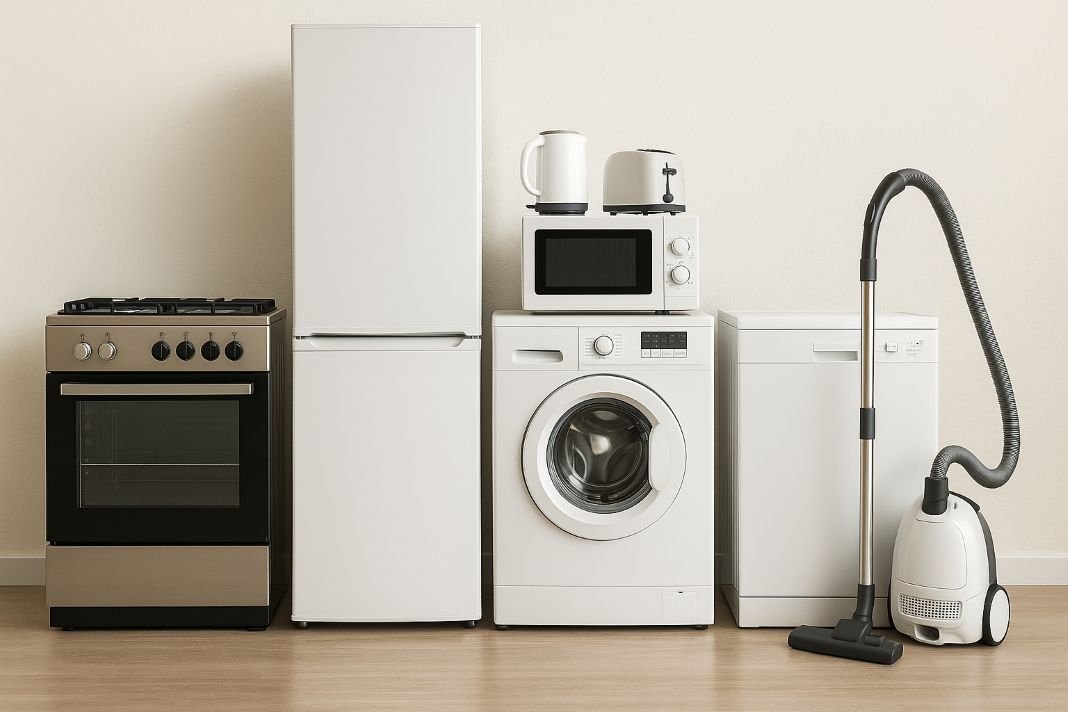
Frequently Asked Questions
Do landlords have to provide a washing machine? No, there is no legal requirement to provide a washing machine. However, many landlords do include one, especially in furnished rentals, to make the property more appealing.
Can a landlord refuse to replace a broken fridge? Yes, unless the tenancy agreement clearly states that the landlord will replace it. However, if it is included in the inventory, tenants are likely to expect repairs or a replacement.
What happens if a tenant breaks an appliance? If an appliance is damaged due to misuse or negligence by the tenant, they may be responsible for the repair or replacement. This should be made clear in the tenancy agreement.
Are landlords required to PAT test appliances? PAT testing is legally required in Scotland and in HMOs throughout the UK. In other properties, it is considered good practice, especially where electrical appliances are provided.
Do landlords need to give instruction manuals for appliances? It is a legal requirement to provide manuals for gas appliances under the Gas Safety Regulations. For all other items, it is best practice to include manuals to help tenants use them correctly and safely.
Should white goods be included in an unfurnished property? They do not have to be, but including basic appliances like a cooker and fridge can help attract tenants. If white goods are provided, they should be listed in the tenancy agreement and maintained in a safe condition.
Is landlord insurance necessary for appliances? While not mandatory, landlord insurance that includes appliance cover can help with unexpected breakdowns and reduce financial risk. It is worth comparing policies to see what is included.
Can tenants request new appliances? They can ask, but the landlord is not required to provide anything beyond what is in the tenancy agreement. Clear communication helps manage expectations.
What should be in the appliance inventory? List all items with model numbers, condition notes and photographs if possible. Include purchase and warranty details. This helps if there is a dispute about damage or responsibility.
Do landlords need to update appliances during a tenancy? Not unless they are unsafe or have stopped working and the landlord has agreed to maintain them. Upgrading appliances is at the landlord’s discretion unless stated in the agreement.
